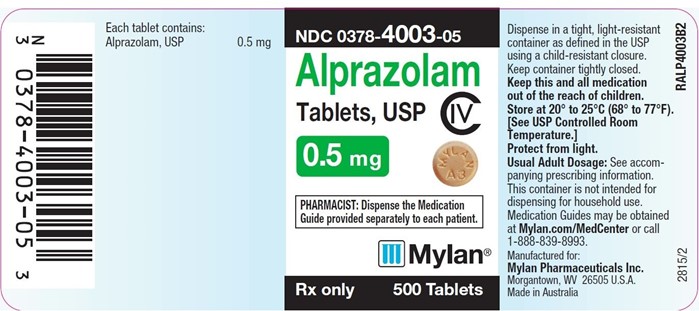A 20-year-old client is admitted for treatment of acute schizophrenia and started on risperidone. Which of the following indicates a therapeutic outcome for this medication?
Orthostatic hypotension and sedation
Decreased delusional thinking and lessened audiovisual hallucinations
Restful sleep and increased coping abilities
Decreased anxiety and improved dietary habits
The Correct Answer is B
Risperidone is an atypical antipsychotic medication used to treat schizophrenia ¹. It works by changing the activity of certain natural substances in the brain ¹. A therapeutic outcome for this medication would be a decrease in symptoms of schizophrenia such as delusional thinking and audiovisual hallucinations ¹.
Option A is not correct because orthostatic hypotension and sedation are side effects of risperidone, not therapeutic outcomes ¹.
Option C is not correct because restful sleep and increased coping abilities are not specific therapeutic outcomes for risperidone in the treatment of schizophrenia.
Option D is not correct because decreased anxiety and improved dietary habits are not specific therapeutic outcomes for risperidone in the treatment of schizophrenia.

Nursing Test Bank
Naxlex Comprehensive Predictor Exams
Related Questions
Correct Answer is D
Explanation
According to web search results, the total phenytoin reference range for children and adults is **10-20 µg/mL**¹. This means that a level of 17 mcg/mL falls within the therapeutic range.
Option A is within the therapeutic range but is on the lower end.
Option B is below the therapeutic range.
Option C is above the therapeutic range and could be considered toxic.
Correct Answer is D
Explanation
Alprazolam is a benzodiazepine that is commonly used to treat anxiety disorders and panic disorders ¹². It works by enhancing the activity of certain neurotransmiters in the brain ¹.
Option A is not correct because alprazolam does suppress the central nervous system ¹.
Option B is not correct because alprazolam does not cure generalized anxiety but rather helps manage its symptoms ¹².
Option C is not correct because physical dependence can be a risk when taking alprazolam ¹.

Whether you are a student looking to ace your exams or a practicing nurse seeking to enhance your expertise , our nursing education contents will empower you with the confidence and competence to make a difference in the lives of patients and become a respected leader in the healthcare field.
Visit Naxlex, invest in your future and unlock endless possibilities with our unparalleled nursing education contents today
Report Wrong Answer on the Current Question
Do you disagree with the answer? If yes, what is your expected answer? Explain.
Kindly be descriptive with the issue you are facing.
